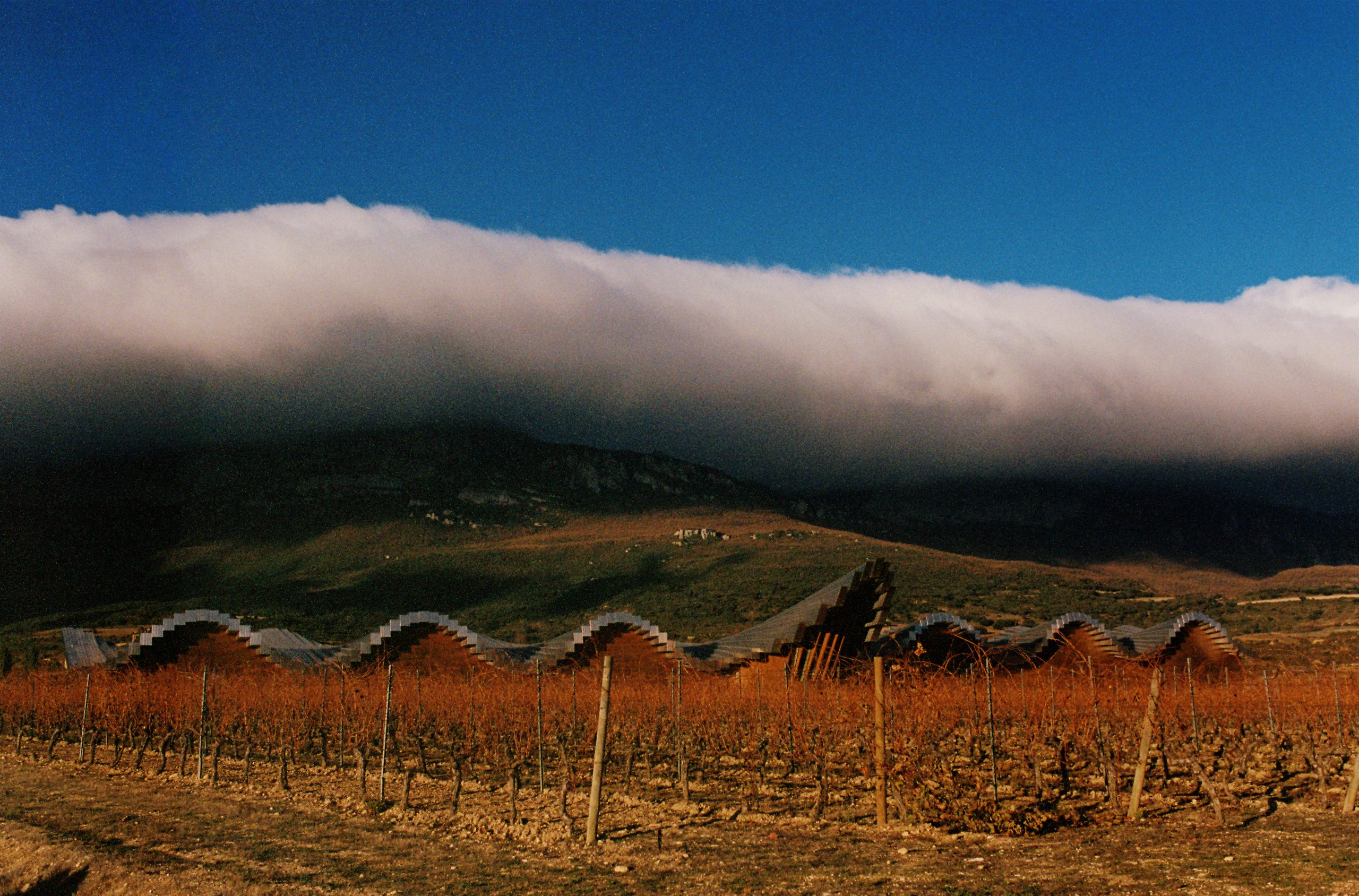EU spirits trade calls for fresh approach
Spirits producers in the EU will “achieve much more” if they follow a new strategy to focus on building exports outside the continent, countering declining consumption in their home markets, a report has claimed.
The report from SpiritsEurope says the spirits industry makes a “significant contribution to the economy of European member states in growth and jobs” (Photo: SpiritsEurope)
Spirits exports from the EU dropped by 4% in 2014, following a decade of growth that has made the value of spirits products shipped overseas worth almost €10bn (£7.14bn).
This shows that while the sector is strong enough to be an influential force in European trade, its success is still precarious and dependent on favourable treatment from governments, a report from SpiritsEurope claims.
The “Growth driver: trade, trade, trade” report from the industry body is seeking to make the case for further support of the spirits sector, saying that it makes a “significant contribution to the economy of European member states in growth and jobs.”
On the report, Paul Skehan, director general of SpiritsEurope, said that there are corners of the globe that European producers need to work harder to reach: “With declining consumption in the European Union, the opportunities for spirits growth are mainly outside the EU.
“There are many untapped markets that offer huge potential such as China, and India where consumption of imported products is less than 1% compared to 99% for domestic Indian products,” he said.
Giving a breakdown of the various key markets that producers should bear in mind, the report reveals that US remains the largest export market for EU spirits, with South East Asia the fastest growing region.
Partner Content
While the performance of European spirits in African is currently small, the increasing wealth of a growing middle class there offers new opportunities, the report says.
“Spirits are flying the European flag abroad,” said Skehan, “but we can achieve much more. The new trade strategy should help ensure the long term success of the European spirits sector.”
Skehan cited numerous government policies that he claims is holding back producers from greater performance in foreign markets. He said, “The elimination of high import tariffs and other barriers such as discriminatory tax policies, insufficient IP protection or complex custom procedures need to be addressed through the conclusion of further trade agreements with our main trading partners, a reinforced market access strategy, and credible enforcement mechanisms.
“Lifting barriers through an ambitious EU strategy will not only benefit larger enterprises but also craft and micro-distillers,” he said.
The full report can be downloaded from the SpiritsEurope website.




